Achieving
Circularity
for Durable Plastics
A LOW-EMISSIONS CIRCULAR
PLASTIC ECONOMY IN NORWAY
CHAPTER 1 ➜
THE STATE OF PLAY
CHAPTER 2 ➜
A CIRCULARITY APPROACH CAN CHANGE THE TRAJECTORY
– CONSTRUCTION
– TEXTILES
– ELECTRONICS & ELECTRICALS
– AUTOMOTIVE
– FISHERIES & AQUACULTURE
CHAPTER 3 ➜
NET ZERO SCENARIO
About Handelens Miljøfond
(Norwegian Retailers’ Environment Fund)
Handelens Miljøfond is Norway’s largest private environmental fund, and Norway’s most important measure for complying with the EU Plastic Bags Directive. The fund supports national and international projects that reduce plastic pollution, increase plastic recycling, and reduce the consumption of plastic bags.
The fund’s vision is to promote a circular plastic system and a pollution free environment. In 2021, Handelens Miljøfond launched “Achieving Circularity” together with Systemiq and Mepex. Part 1 of this study focused on post-consumer plastic packaging and non-electrical household products.
About SYSTEMIQ
SYSTEMIQ is a B Corp founded in 2016 to drive the Paris Agreement and the Sustainable Development Goals by transforming markets and business models in five key systems: nature and food, materials and circularity, energy, urban areas, and sustainable finance.
In 2020, SYSTEMIQ and The Pew Charitable Trusts published “Breaking the Plastic Wave: A Comprehensive Assessment of Pathways Towards Stopping Ocean Plastic Pollution,” an evidence-based roadmap that shows how industry and governments can radically reduce ocean plastic pollution by 2040, upon which this report is based. The findings of our analysis were published in the peer-reviewed journal, Science.
About Mepex
Mepex is a Norwegian independent consultancy firm specializing in waste management, recycling and circular value chains. The aim is to be a catalyst for change, contributing to making the circular economy a reality through resource-efficient and climate-friendly solutions.
Mepex combines analytical competence with extensive experience in design, construction, and operation of waste management infrastructure to support authorities, municipalities, organisations, and businesses in formulating strategies and achieving their environmental goals
Preface
“The world is facing a critical challenge that requires it to deepen its understanding of the root causes of plastic waste and pollution and define pathways to eliminate plastic pollution at a global scale. By 2024, a global treaty is expected to be negotiated by UN member states that enables a thriving circular plastic economy capable of eradicating plastic pollution.
Norway has the ambition to continue to be a frontrunner on addressing this challenge, and – together with Rwanda – is leading the High Ambition Coalition to End Plastic Pollution,
committed to developing a successful global plastic treaty. The goal of this study is to lay out a pathway that can accelerate Norway’s own transition towards a low-emissions, zero-waste circular plastic economy by 2040. This is done through an in depth analysis of different sectors of the plastic system and identifying tailored roadmaps with strategies that design out waste and pollution, eliminate unnecessary production and consumption, keep products and materials in the economy, safely collect and dispose of waste that cannot be economically processed, and dramatically reduce greenhouse gas emissions.
This report presents the findings of the second study in the series ‘Achieving Circularity’ study. While the first study focused on the plastics in consumables and household products, categories with a single use or used for less than a year, this second study focuses on durable plastics in the most important sectors: Construction, Textiles, Electronics, Automotive, and Fishing & Aquaculture. These are five very distinct sectors, representing around 46% of total annual plastic demand in Norway today, but only around 25% of total waste, indicating that large quantities of durable plastic are accumulating in the economy.
Plastics have been instrumental in the growth of all five sectors, but around 80% of today’s system is linear, which means plastic is either incinerated or landfilled at end-of-life, or leaks into nature.
This study aims to build a clear “North Star”, linking plastics use, waste and greenhouse gas (GHG) emissions in an integrated way and painting a picture of the most ambitious levels of circularity for individual sectors to aim for.
This data-driven study was prepared in partnership with the Norwegian consultancy Mepex and 12 Norwegian and international experts.
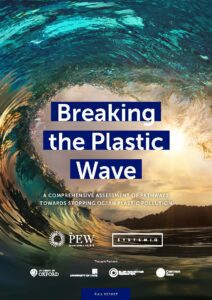 It builds on the ‘Breaking the Plastic Wave’ methodology published by Systemiq and The Pew Charitable Trusts in 2020.
It builds on the ‘Breaking the Plastic Wave’ methodology published by Systemiq and The Pew Charitable Trusts in 2020.
Norway is the first country to apply this methodology to durables and our hope and objective is that this report can strengthen collaboration between the different sectors, the petrochemical industry, and the recycling industry.
We hope that this study will guide policymakers, industry leaders, investors, and civil society in preparing the most effective initiatives to achieve a highly circular plastic economy that is aligned with national and global net-zero targets.”
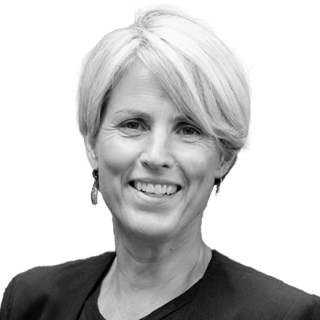

Cecilie Lind
CEO
Handelens Miljøfond


Yoni Shiran
Partner
Systemiq
Endorsements
Acknowledgements
Expert Panel
This work was developed together with a panel of 12 Norwegian experts with diverse backgrounds and perspectives. We would like to thank them for their insights, contributions and support.
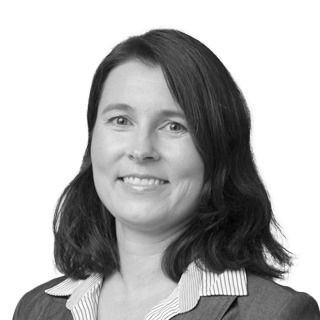
Anja Ronesen
Marketing & Communications Manager
RENAS
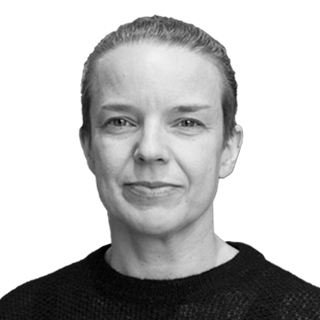
Åsa Stenmarck
Material Flow Expert
Swedish Environmental Protection Agency

Christian Karl
Research Scientist
SINTEF Industry

Elisabete Fernandes Reia da Costa
Research Scientist
SINTEF Industry
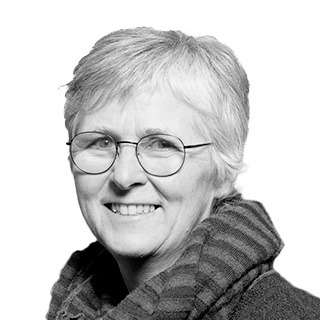
Elisabeth Magnus
Former Senior Environmental advisor
Nordic Ecolabelling
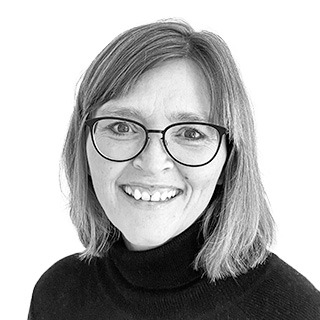
Hanne Digre
Chief Sustainability Officer / PhD
ScaleAQ

Helene Øyangen Lindberg
Research Scientist
SINTEF Manufacturing
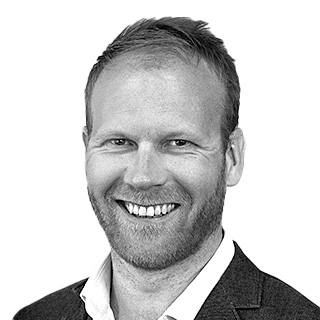
Kay Riksfjord
Downstream Manager
Revac
Board Member
BIR Plastic Committee
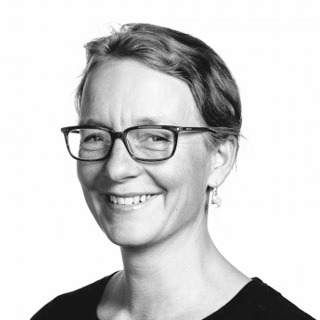
Kjersti Busch
Co-founder
Salt
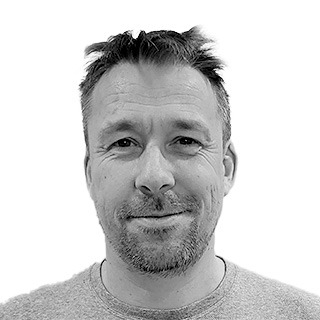
Lars Fallmyr
Operations Manager
Bilgjenvinning AS

Linda Refvik
CEO
NF&TA
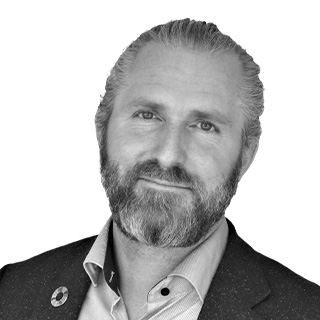
Thor Kamfjord
Director of Sustainability and Social Responsibility
Norner
Project core team
Systemiq
Yoni Shiran, Lead Partner
Peter Goult, Project Director
Marloes van der Meer, Project Manager
Andrea Bath, Associate
Hannah Maral, Associate
Trishla Shah, Associate
Andreas Wagner, GHG Expert
Ulrike Stein, Communications Lead
Handelens Miljøfond
Lars Brede Johansen, COO
Sjur Kvifte Nesheim, Analyst
Hanne M. Hjelmungen Lorvik, Communications Advisor
Mepex
Frode Syversen, Mepex Managing Director
Miriam Mekki, Project Manager
Carl Frederik Mørch-Kontny, Analyst
Simen Randby, Analyst
Espen Mikkelborg, Analyst
Sølvi Rønnekleiv Haugedal, Analyst
Kristiane Rabben, Analyst
Contributors
We would also like thank the following people who have generously contributed their time and expertise to the report:
Anne Slaaen: CEO and Creative Director Team Kameleon AS
Evelyn Luna Victoria: Oceans Senior Manager, WWF
Justin Greenaway: Commercial Manager, Sweeep Kuusakoski Ltd
Mike Muskett: Independent Consultant
Nadia Balducci: Clean Oceans Specialist, WWF
Paritosh Deshpande: Associate Professor, Norwegian University of Science and Technology (NTNU)
Pascal Leroy: Director General of the WEEE Forum
REV Ocean
Sarah Downes: External Affairs Manager, REPIC
Tim Huntington: General Manager Poseidon Aquatic Resource Management Ltd
